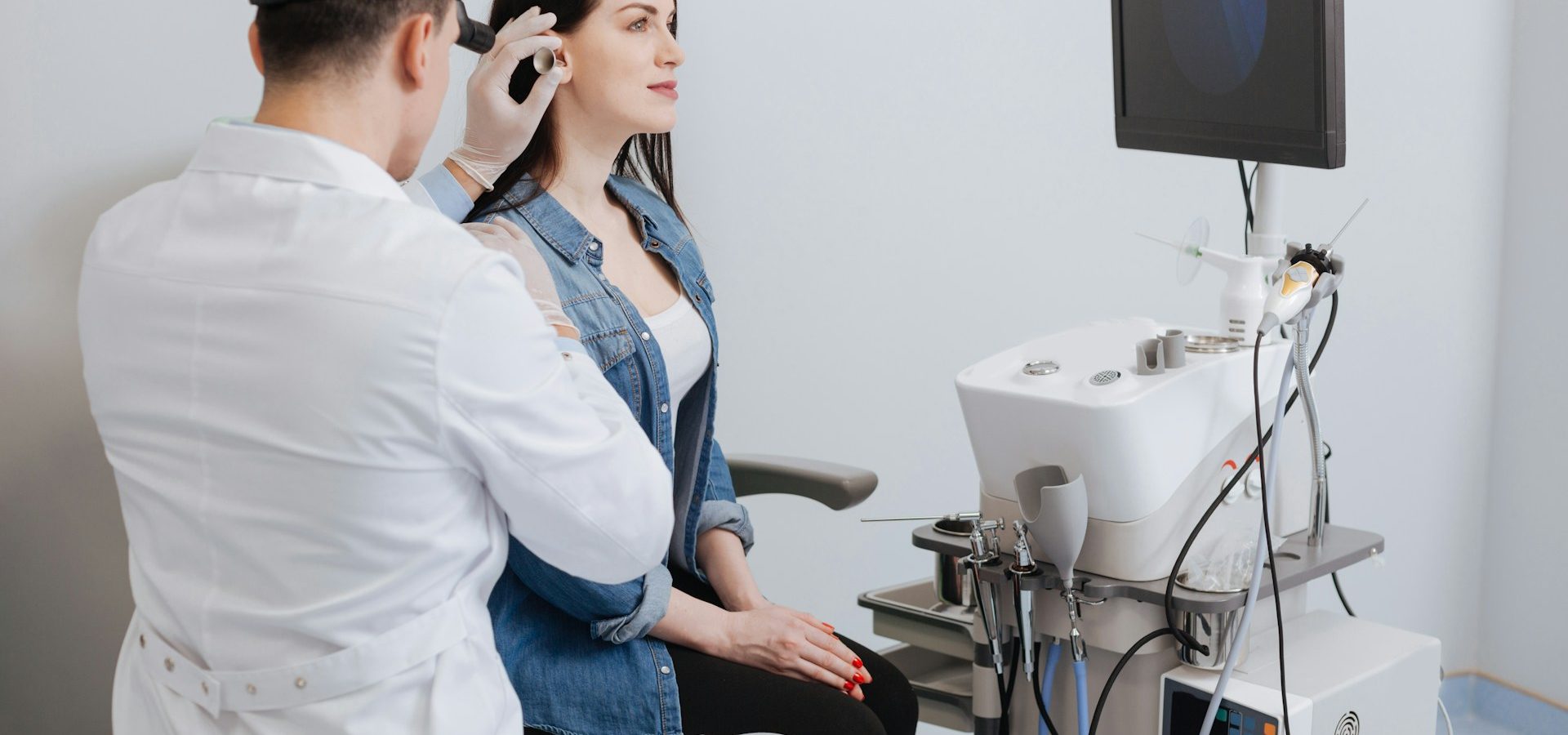Menu

Hearing is a vital sense that connects us with the world, allowing us to communicate, enjoy life’s sounds, and stay safe in our environment. It is crucial to prioritize our hearing health and take preventive measures that can help protect our ears and preserve our hearing.
At Fraser Valley Beltone, our hearing care professionals are dedicated to ensuring that individuals of all ages understand the importance of hearing protection and implement strategies for preventing potential hearing loss. We believe in a proactive, patient-focused approach to hearing health that empowers individuals to make informed decisions about their wellbeing.
In this guide, we will explore the various causes of hearing loss and provide strategies for protecting your hearing in everyday life. By committing to a proactive approach to hearing health, you can minimize the risk of hearing loss, ensuring a lifetime of rich, fulfilling auditory experiences. Trust Fraser Valley Beltone to be your partner in protecting and preserving your hearing.
Understanding the Causes of Hearing Loss
Before delving into hearing protection strategies, it’s important to understand the common causes of hearing loss to address them effectively.
Noise-induced hearing loss
Noise-induced hearing loss (NIHL) occurs when the delicate structures within the inner ear are damaged by prolonged exposure to loud sounds. This can result from both occupational and recreational noise, such as work machinery or attendance at concerts.
Age-related hearing loss
Age-related hearing loss, or presbycusis, is a normal part of aging. This type of hearing loss occurs gradually over time, as the hair cells within the inner ear lose their ability to pick up and transmit sound.
Ear infections and other medical conditions
Repeated ear infections, certain medications, and other medical conditions can contribute to hearing loss. Regular check-ups and timely treatment by a healthcare professional can help prevent long-term damage to your hearing.
Strategies for Protecting Your Hearing
Now that we’ve covered the causes, let’s explore practical strategies to protect your hearing and prevent hearing loss.
Limiting exposure to loud noises
Reducing the time spent around noisy environments is crucial to preventing NIHL. Here are a few tips:
- Keep a safe distance from loud sources of noise, like speakers or heavy machinery.
- Limit the duration of exposure by taking regular breaks, even if noise levels are below the recommended limits.
- Opt for quiet leisure activities when possible, and avoid excessive noise exposure in daily life.
Using hearing protection
Hearing protection devices (HPDs), like earplugs or earmuffs, are essential tools for preventing NIHL. Choose the right type of protection based on the noise environment.
- Earplugs: These fit directly into the ear canal and create a seal to block out noise. Earplugs are available in disposable or reusable forms.
- Earmuffs: These cover the entire outer ear and provide significant noise reduction. Earmuffs may be more comfortable for extended use or for those with difficulty fitting earplugs.
- Custom HPDs: Visit Fraser Valley Beltone for personalized hearing protection solutions tailored to your specific needs.
Monitoring headphone volume
Loud music through headphones can also contribute to NIHL. Keep headphone volume at a comfortable listening level, and follow the 60/60 rule: listen to music at 60% of the maximum volume for no more than 60 minutes a day.
Healthy Ear and Hearing Practices
In addition to strategies for noise protection, these healthy practices can help preserve your hearing:
Regular hearing check-ups
Scheduling regular hearing assessments with a Fraser Valley Beltone hearing care professional can identify potential issues early on, enabling prompt intervention. Early detection of hearing loss is vital to timely treatment and preventing further damage.
Earwax management
Although earwax is a natural part of the ear’s self-cleaning process, excessive buildup can lead to temporary hearing loss. Refrain from using cotton swabs or sharp objects to clean your ears, as this can push earwax further into the canal or cause injury. Consult a hearing care professional if you suspect excessive earwax buildup.
Seeking prompt treatment for ear infections
Ear infections can cause temporary hearing loss and damage to the ear’s structures if left untreated. If you or your child experience symptoms like ear pain, fever, or drainage from the ear, visit a healthcare professional immediately to assess the situation and begin appropriate treatment.
How Fraser Valley Beltone Supports Your Hearing Health Journey
At Fraser Valley Beltone, we’re committed to being your partner in hearing health, providing ongoing support, expert advice, and personalized care.
Comprehensive evaluations
Our team of hearing care professionals will perform a comprehensive hearing evaluation to assess your hearing health and, if necessary, recommend appropriate solutions based on your individual needs.
Personalized hearing care and education
Our patient-focused approach ensures you receive customized care that addresses not only your hearing concerns but also your lifestyle needs. We pride ourselves on connecting with patients and understanding what’s important to them in a healthcare partnership.
Final Thoughts
Protecting your hearing and preventing hearing loss is crucial to maintaining a lifetime of healthy hearing. By understanding the causes of hearing loss, implementing strategies to reduce noise exposure, and engaging in healthy ear practices, you can preserve your hearing and enjoy clear communication.
Trust Fraser Valley Beltone to be your partner in hearing health, offering expert guidance, comprehensive evaluations, and personalized hearing care solutions to support your journey. Together, we can ensure a lifetime of rich, satisfying auditory experiences — contact our audiologist in Langley to schedule an appointment.
Share Post
Facebook
Twitter
LinkedIn
Email
Reddit
Pinterest
